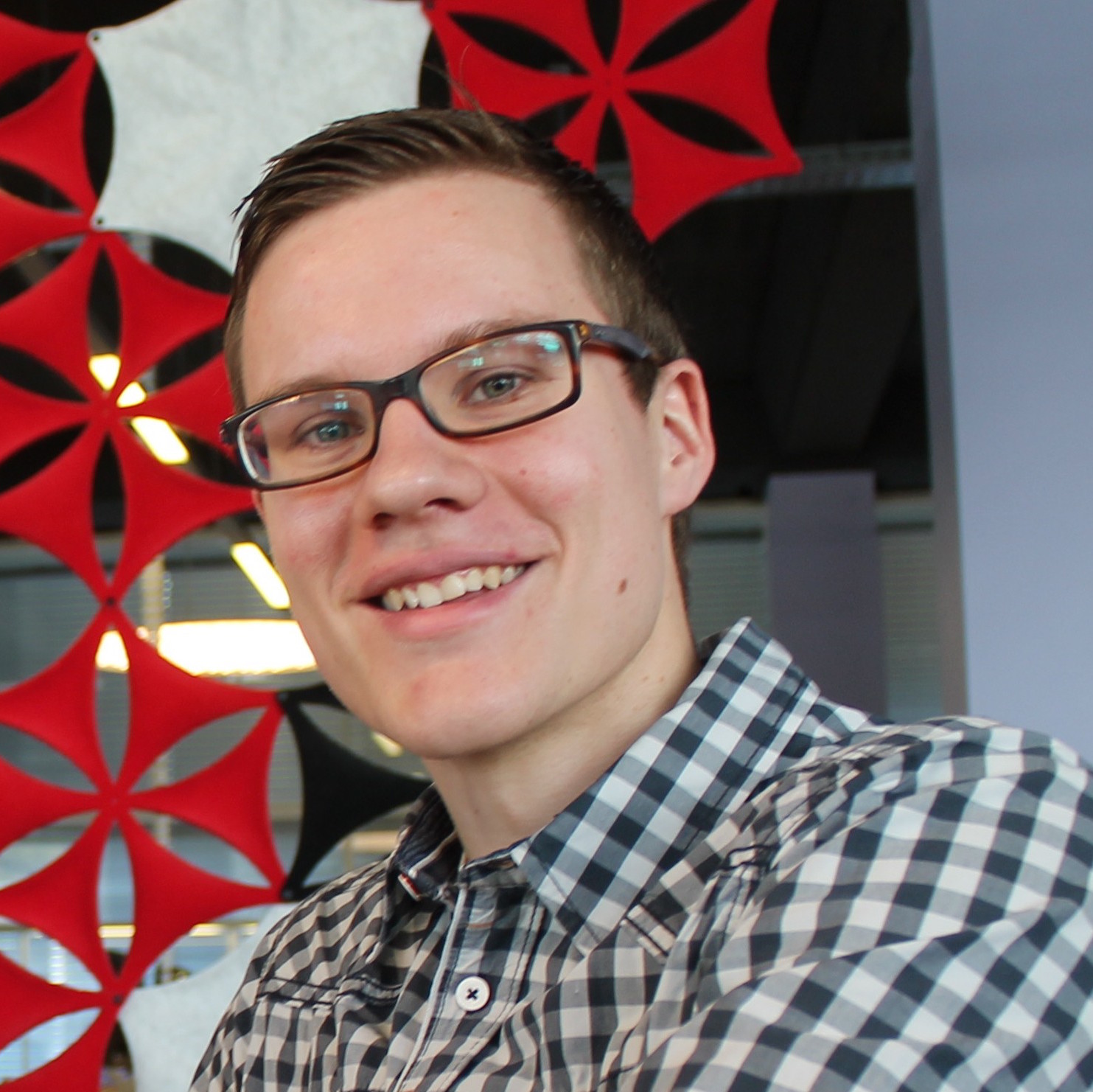Syllabus
Course description
EX101x is for all of those struggling with data analysis. That crazy spreadsheet from your boss? Megabytes of sensor data to analyze? Looking for a smart way visualize your data in order to make sense out of it? We’ve got you covered!
Using video lectures and hands-on exercises, we will teach you techniques and best practices that will boost your data analysis skills.
We will take a deep dive into data analysis with spreadsheets: PivotTables, VLOOKUPS, Named ranges, what-if analyses, making great graphs - all those will be covered in the first weeks of the course. After, we will investigate the quality of the spreadsheet model, and especially how to make sure your spreadsheet remains error-free and robust.
Finally, once we have mastered spreadsheets, we will demonstrate other ways to store and analyze data. We will also look into how Python, a programming language, can help us with analyzing and manipulating data in spreadsheets.
EX101x will be created using Excel 2013, but the course can be followed using another spreadsheet program as well.
The goal of this course is it to help you to overcome data analysis challenges in your work, research or studies. Therefore we encourage you to participate actively and to raise real data analysis problems that you face in our discussion forums.
Course Staff
Felienne Hermans |
Felienne Hermans is an assistant professor at Delft University of Technology. Her team at the Spreadsheet Lab works on making spreadsheets better by designing tools to test and improve them. One of Felienne’s biggest passions in life is to share her enthusiasm for programming with others. Therefore she co-organizes the yearly “Joy of Coding” conference in the Netherlands and teaches robotics at a community center every Saturday.
|
Stefan Hugtenburg |
Stefan Hugtenburg is a first year Master Student Computer Science at Delft University of Technology. Having assisted with many Bachelor courses, he is very excited to increase the scale through his involvement in this MOOC. In addition to his Computer Science studies, Stefan can often be found in his local gym teaching and practicing judo. |
Alex Simes |
Alex Simes is a student at Delft University of Technology studying a Master's Degree in Software Technology. He completed his undergraduate degree in his hometown at the University California, Santa Barbara. With his work, Alex has a lot of interest in the fields of data analytics and designing optimal user interfaces. Outside of his studies, Alex likes to see the country around Delft on his bicycle. |
Prerequisites
We assume some experience in working with spreadsheets. Not a lot of is needed, basically you should have opened a spreadsheets and seen a SUM before (in software such as Excel, OpenOffice, Numbers or even Google Spreadsheets).
Grading & Certification
There will be exercises accompanying the course material. Each exercise will allow students to have 2 attempts. 60% of the exercises need to be correct to pass the course.
Optionally, for a fee of $50, you can receive a verified certificate from EDX upon completion of the course. This might be a good option for you if you plan to use your completion of EX101x for job applications, career advancement, or school applications. Also, by earning a verified certificate of this course and of EX102x, and EX103x, the follow up courses of Data Analysis Take it to the MAX(), you may apply for a certificate of the XSeries Data Analysis for your Business.
Workload
While this is a self-paced course (you can enroll and complete it any time before 1 September 2016), the course is designed to be completed within 8 weeks, if you devote 4-6 hours per week to the course.
Resources & Tools
Besides Microsoft Excel 2013, we use a few other tools in our course.
| Tool name | Week used | Link |
|---|---|---|
| Power Map Preview | Week 3 | Power Map Preview Homepage |
| DataNitro | Week 7 | DataNitro Home Page |
| Neo4j | Week 8 | Neo4j Home Page |
Course overview & release dates
| Week | Release date | Topics |
|---|---|---|
| 0 | 15 January 2016 | Welcome to the course! This week just consists of a few introductory chapters, not content yet. |
| 1 | 15 January 2016 | This week the real fun starts: we will bring some stock data into Excel and use it to learn spreadsheet organization, some conditional formulas, and how to use spreadsheet space efficiently. |
| 2 | 15 January 2016 | This week, while looking at data from a hardware store, we will focus on some more powerful and complex Excel functions such as VLOOKUP, INDEX, and MATCH. |
| 3 | 15 January 2016 | Using data from beers and breweries around the world, we will analyse data from our bar from all angles using Pivot Tables! |
| 4 | 15 January 2016 | Looking at data from a dance studio, we go over the uses and trade-offs of Named Ranges and Data Tables. |
| 5 | 15 January 2016 | This week we take a dip into the important topics of type theory, array functions, and how to transpose data. |
| 6 | 15 January 2016 | Time to talk about the elephant in the room: problems with spreadsheets. This week will cover avoiding common problems with spreadsheets by testing. |
| 7 | 15 January 2016 | This week will push spreadsheets to the limit when trying to tackle the "Bacon Number" problem. Learn how to leverage the power of the simple Python programming language inside a spreadsheet! |
| 8 | 15 January 2016 | Now we take a step away from spreadsheets and look at Neo4j, a very specialized graph tool. Now we can finally solve the Bacon Number problem with ease. |
License
The course materials of this course are Copyright Delft University of Technology and are licensed under a Creative Commons Attribution-NonCommercial-ShareAlike 4.0 International.
If you choose to reuse or repost DelftX course materials you must give proper attribution to the original TU Delft faculty author(s). Please utilize the following citation "This material was created by or adapted from material posted on the Delftx website, delftx.tudelft.nl, and created by TU Delft faculty member (Name), (Title), (Year). DelftX is not responsible for any changes made to the original materials posted on its website and any such changes are the sole responsibility of [name of user/adapter]."
You must also include a copy of the Creative Commons license used by DelftX, with every copy of the TU Delft materials or the derivative work you create from it.
